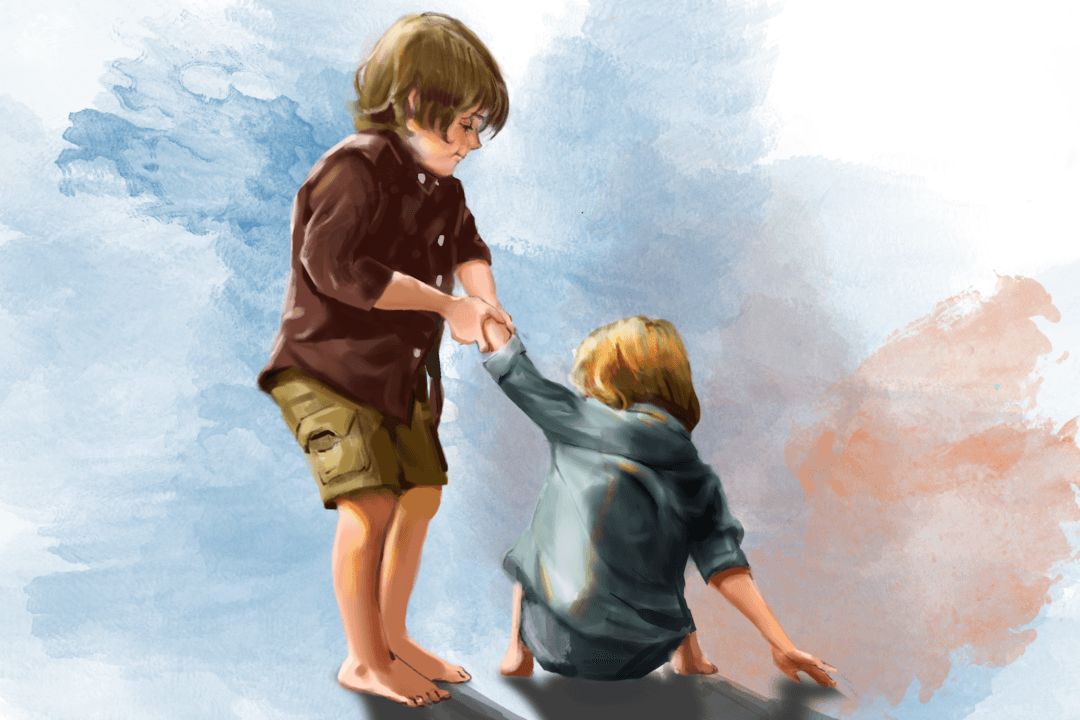There’s an old saying: “Dear God: Help me get up; I can fall down by myself.”
Robert Redford’s film “Quiz Show” gives us the story of a man who fell hard. A young professor at Columbia University, Charles Van Doren gets the chance to appear on “Twenty-One,” a 1950s television quiz show. The producers have rigged the show, giving answers ahead of time to contestants they favor, and though Charlie at first resists playing along, he soon takes part in this fraud, wins contest after contest, and becomes a national celebrity.






